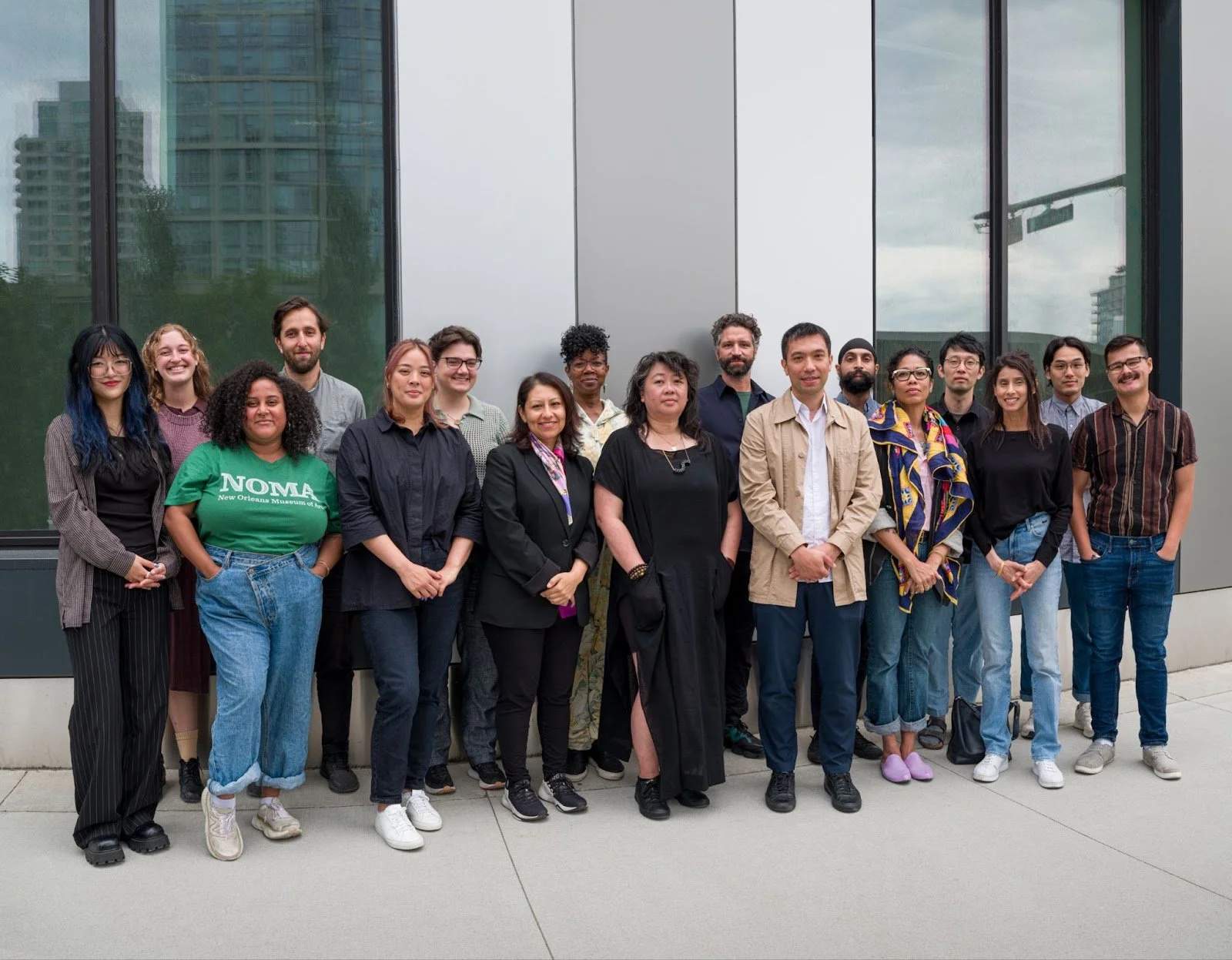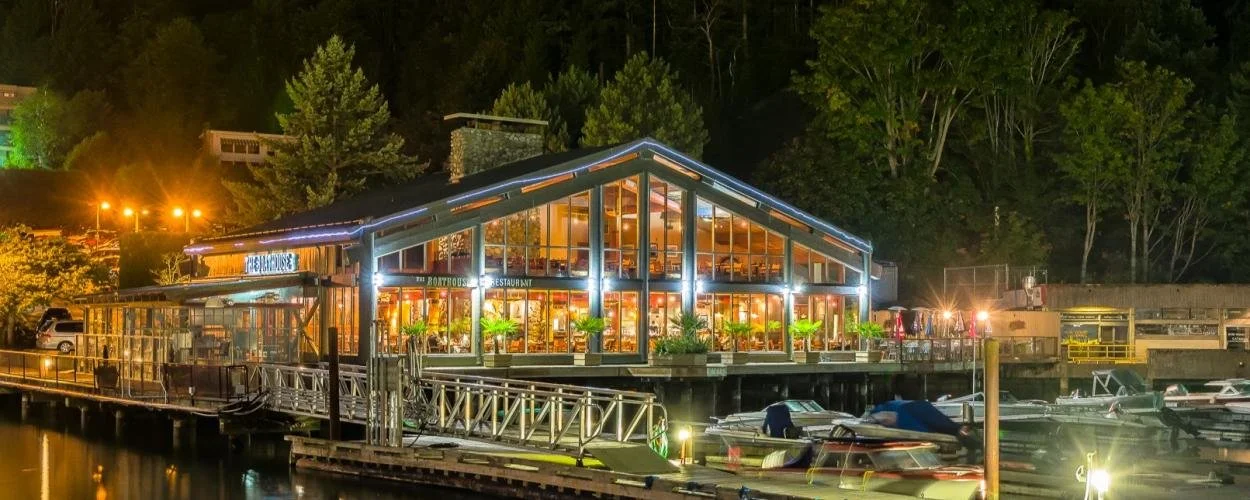221A's Cultural Land Trust aims to provide B.C.'s arts scene with vital real-estate support
Nonprofit needs $15 million in seed funding to kickstart property-management initiative that could be the key to sustaining artist spaces
221A board and staff.
VANCOUVER-BASED NONPROFIT organization 221A, which works to develop social, cultural, and ecological infrastructure by collaborating with artists and designers, is seeking $15 million in seed funding to kickstart the first phase of its newly launched Cultural Land Trust.
Effectively a lifeline amid escalating real-estate prices in the arts and culture sector, the Cultural Land Trust is an independent nonprofit entity that’s able to purchase and manage land with the goal of offering artists and arts organizations stable rent, long-term leases, and pathways to ownership. It’s a model that has been successfully implemented in cities around the world, including London, Seattle, and Austin.
The trust’s long-term goal is to secure 30 properties in B.C. by 2050. To make that happen, 221A aims to raise an initial $15 million this spring through contributions from B.C.’s federal, provincial, and municipal governments—although no funding has been secured yet.
Brian McBay, cofounder and executive director of 221A, tells Stir that B.C.’s three levels of government often struggle to allocate infrastructure money to local arts communities. Since housing support is such a large budgeting priority, consideration for artists’ livelihoods tends to lag behind.
“Having an independent land trust owned by a community means that you have a group of people arguing for leveraging dollars from these different levels of government year-round, and also tying it to philanthropic sources,” McBay explains. “So it sort of builds a case on an ongoing basis for the need to secure arts and culture spaces. It’s ultimately like having a grandparent who can help you with your down payment so you can get into the real-estate market, rather than [your] rent constantly being escalated and being priced out.”
221A’s plan to establish a Cultural Land Trust began to take shape after the Eastside Arts Society unveiled its 2019 report, A City Without Art? No Net Loss, Plus!, which found that over 400,000 square feet of artist production spaces, music and performing-arts venues, and art galleries in the Eastside Arts District had been lost over the previous decade. Over the same period, rental rates for studio spaces increased by 65 percent. In the years since the report was released, art spaces have continued to close at a similar rate, worsened by the pandemic.
McBay says the first $15 million that 221A hopes to raise would be enough to secure about six properties, which would ideally be a mix of gifted government-owned buildings and private purchases. The focus would be on obtaining and preserving pre-existing arts and culture spaces.
“There was discussion about the potential of transferring properties to the land trust, but there are some challenges around cities being able to dispose of assets for community benefit at this point,” McBay tells Stir. “So we’re still working on it. But because 221A operates out of some city-owned properties, our hope was to be able to actually transfer those properties—because as tenants, we wouldn’t be kicking and screaming if that were to happen.”
Another key component of the Cultural Land Trust is its prioritization of LGBTQ2SIA+, BIPOC, low-income, and disabled artists, all of whom are disproportionately affected by the current system. According to a 2020 report by Hill Strategies Research, Demographic Diversity of Artists in Canada in 2016, the median annual income of racialized artists is 28 percent lower than that of non-racialized artists, while the average income for Indigenous artists is 32 percent lower than that of non-Indigenous artists.
Supporters argue that a land trust will help decommodify land throughout the province and allow for the long-term stewardship of cultural spaces by implementing practices such as rent stability and community governance. It’s the sort of process that, over time, has the potential to build collective wealth for marginalized artists.
A recent video by 221A, made in collaboration with local urban-planning journalist Uytae Lee (see at bottom), brought more widespread attention to the Cultural Land Trust, which McBay believes is vital in order for the initiative to take off.
“There is support, I would say, from bureaucrats,” he says. “Just at the political level, it hasn’t been made a larger policy issue. People don’t know how the land trust could work, and the potential benefits of being able to have community-owned real estate.”
221A executive director Brian McBay.
Interestingly, the creation of a local land trust has been at a stalemate for a number of years now. In 2020, the City of Vancouver put forth its 10-year cultural plan, Culture|Shift, which called for establishing a Vancouver Cultural Spaces Fund and allocating an initial $4.8 million for a potential land trust, “with a goal of $10 million over three years.” That plan still hasn’t come to fruition, though, and McBay says that in an ideal world, the provincial government would put forward the full $15 million instead.
“Right now, just the way government supports the arts, there’s a lot of grant funding,” he says, “which is great—but those grants typically don’t go up at the pace of inflation, or real-estate costs, for that matter. So you have the ability, if we were to be able to purchase these properties, to kind of recycle those rent monies that are currently going to private landlords. Even with a simple calculation of looking at how much grant funding is being used towards private rent, you can see that the government would have far more efficient use of those dollars if it was going back into the community, and back into arts and culture spaces.”
For context, the BC Arts Council delivered over $71 million in grant funding to the arts and culture community during the 2022-23 fiscal year, of which $36.9 million came from the organization’s base budget and $34.5 million was a one-time investment from the provincial government.
Other organizations in Vancouver have also been working toward property equity in the arts community, including Progress Lab 1422. As covered by Stir, the facility’s Backstage Spaces report released a year ago highlighted the worsening state of the arts real-estate market by revealing that its own rent had doubled in 2019. Making matters worse, its property-tax bill rose from $19,866 in 2018 to $29,500 in 2022.
For 221A to meet its 30-property goal by 2050, the organization estimated back in 2021 that it would need $80 to $120 million in funding over the next 10 years. While the land trust remains in limbo, those numbers are creeping steadily higher—all the more reason, says McBay, to make headway as soon as possible.
“Our hope would be that the $15-million seed funding is just a start-up, and there would be continued support every year from governments as the project grows,” he says. “So it’s iterative, and it’s modest, but as it starts to roll, we really think the impact will be quite significant. But of course, $15 million isn’t going to make a big dent in the province’s needs on day one. There will need to be ongoing support from all three levels of government to make it happen.” ![]()















